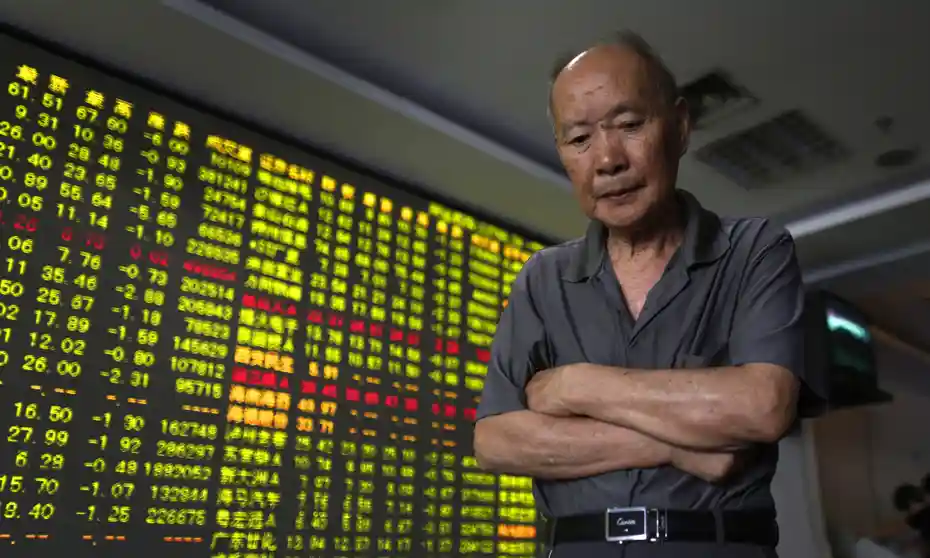SYDNEY, August 15(ABC): Asian shares turned mixed on Monday after China’s central bank trimmed key lending rates as a raft of economic data missed forecasts, underlining the need for more stimulus to support the world’s second largest economy.
Retail sales and industrial output both rose by less than expected in July, adding to a disappointing reading on new bank lending.
The cut in rates helped cushion the blow a little and Chinese blue chips (.CSI300) edged up 0.1%, while the yuan and bond yields slipped.
MSCI’s broadest index of Asia-Pacific shares outside Japan (.MIAPJ0000PUS) was flat, having bounced 0.9% last week.
Japan’s Nikkei (.N225) rose 1.0% even though data showed the economy grew an annualised 2.2% in the second quarter, a touch under estimates.
Investors remain anxious to see if Wall Street can sustain its rally as hopes U.S. inflation has peaked will be tested by likely hawkish commentary from the Federal Reserve this week.
“The FOMC Minutes on Wednesday should reinforce the hawkish tones from recent Fed speakers of being nowhere near being done on rates and inflation,” warned Tapas Strickland, a director of economics at NAB.
Markets are still implying around a 50% chance the Fed will hike by 75 basis points in September and that rates will rise to around 3.50-3.75% by the end of the year.
Hopes for a soft economic landing will also get a health check from U.S. retail sales data that is expected to show a sharp slowdown in spending in July.
There is also a risk earnings from major retailers, including Walmart (WMT.N) and Target (TGT.N), could be laced with warnings about a downturn in demand.
Geopolitical risks remain high with a delegation of U.S. lawmakers in Taiwan for a two-day trip.
EUROSTOXX 50 futures added 0.5% and FTSE futures rose 0.4%. S&P 500 futures and Nasdaq futures were both down around 0.2% after last week’s gains.
The S&P index is almost 17% above its mid-June lows and only 11% from all-time highs amid bets the worst of inflation is past, at least in the United States.

